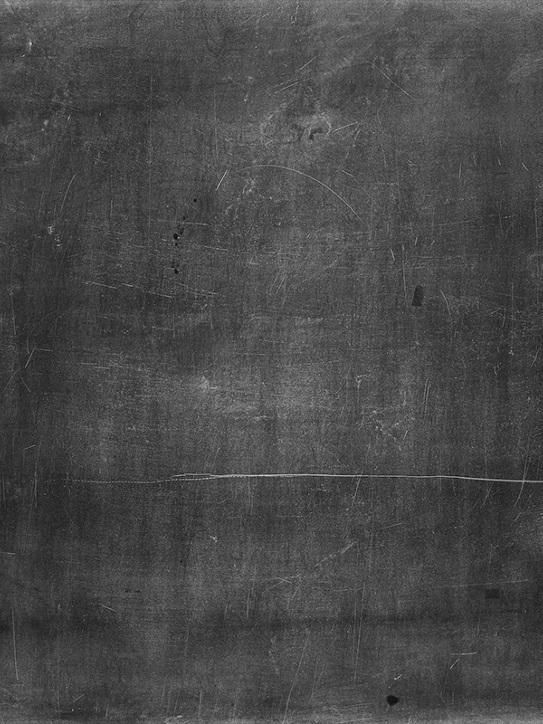
The Design of PARAS Microkernel
The research and development of microkernel based operating system, called PARAS, for the C-DAC PARAM series of Supercomputers.
Tag(s): Operating Systems
Publication date: 01 Jun 2000
ISBN-10: n/a
ISBN-13: n/a
Paperback: n/a
Views: 18,939
The Design of PARAS Microkernel
 The research and development of microkernel based operating system, called PARAS, for the C-DAC PARAM series of Supercomputers.
The research and development of microkernel based operating system, called PARAS, for the C-DAC PARAM series of Supercomputers.
Publication date: 01 Jun 2000
ISBN-10: n/a
ISBN-13: n/a
Paperback: n/a
Views: 18,939
Document Type: Book
Publisher: Self-publishing
License: n/a
Post time: 19 Apr 2009 01:21:28
Rajkumar Buyya wrote:From 1995 to 1998, I served as a member of C-DAC, the developer of India's first supercomputer, Operating System Group involved in the research and development of microkernel based operating system, called PARAS, for the C-DAC PARAM series of Supercomputers. A short discussion on PARAS microkernel can be found in our paper: A Microkernel Based Operating System for PARAM 9000. During 1995, I worked on PARAM 8600, an Intel i860 CPU based MPP system, and developed a POSIX-compliant multithreading interface, called PEACE threads, on top of the PARAS microkernel.
In 1997, a large number of developers were working on the development of PARAS microkernel for PARAM 9000, a Sun SPARC based MPP system, I was assigned the task of writing a PARAS microkernel design document. The design document was aimed at acting as a supportive information for software engineers who will be working on the future developmental and enhancement works related to PARAS microkernel. This work resulted in a (unfinished) book having seven chapters when (in 1997) C-DAC favoured the use of Clustering technolgy for the developemet of next generation PARAMs. Thus reducing the demand of building our own microkernel (of course, for this document, I think!) and natuarally our focus has shifted towards building HPCC software environment and tools for a new cluster-based PARAM series of supercomputers called PARAM 10000 (a.k.a, PARAM OpenFrame, a cluster of Sun Ultra workstations connnected throught high-speed and low latency system area networks). I have led the efforts of developing cluster management tools (such as PARMON) for Unix-class cluster-based PARAM 10000 supercomputer. Since the document has not been published anywhere, in 2000, I thought it will be good idea to publish this work as a online ebook, a millennium ePublication!
Updates:
- 2017-10-08: The book's download link been moved to http://www.buyya.com/microkernel/
Tweet
About The Author(s)
Dr. Rajkumar Buyya (@buyya) is a Redmond Barry Distinguished Professor and Director of the Cloud Computing and Distributed Systems (CLOUDS) Laboratory at the University of Melbourne, Australia. He is also serving as the founding CEO of Manjrasoft Pty Ltd., a spin-off company of the University, commercialising its innovations in Cloud Computing. Dr. Buyya is a Fellow of IEEE and Life Member of ACM. His research topics are Cloudbus, Enterprise Clouds, Green Cloud Computing, Internet of Things, Mobile Cloud Computing, Big Data Computing, and Fog Computing.

Dr. Rajkumar Buyya (@buyya) is a Redmond Barry Distinguished Professor and Director of the Cloud Computing and Distributed Systems (CLOUDS) Laboratory at the University of Melbourne, Australia. He is also serving as the founding CEO of Manjrasoft Pty Ltd., a spin-off company of the University, commercialising its innovations in Cloud Computing. Dr. Buyya is a Fellow of IEEE and Life Member of ACM. His research topics are Cloudbus, Enterprise Clouds, Green Cloud Computing, Internet of Things, Mobile Cloud Computing, Big Data Computing, and Fog Computing.